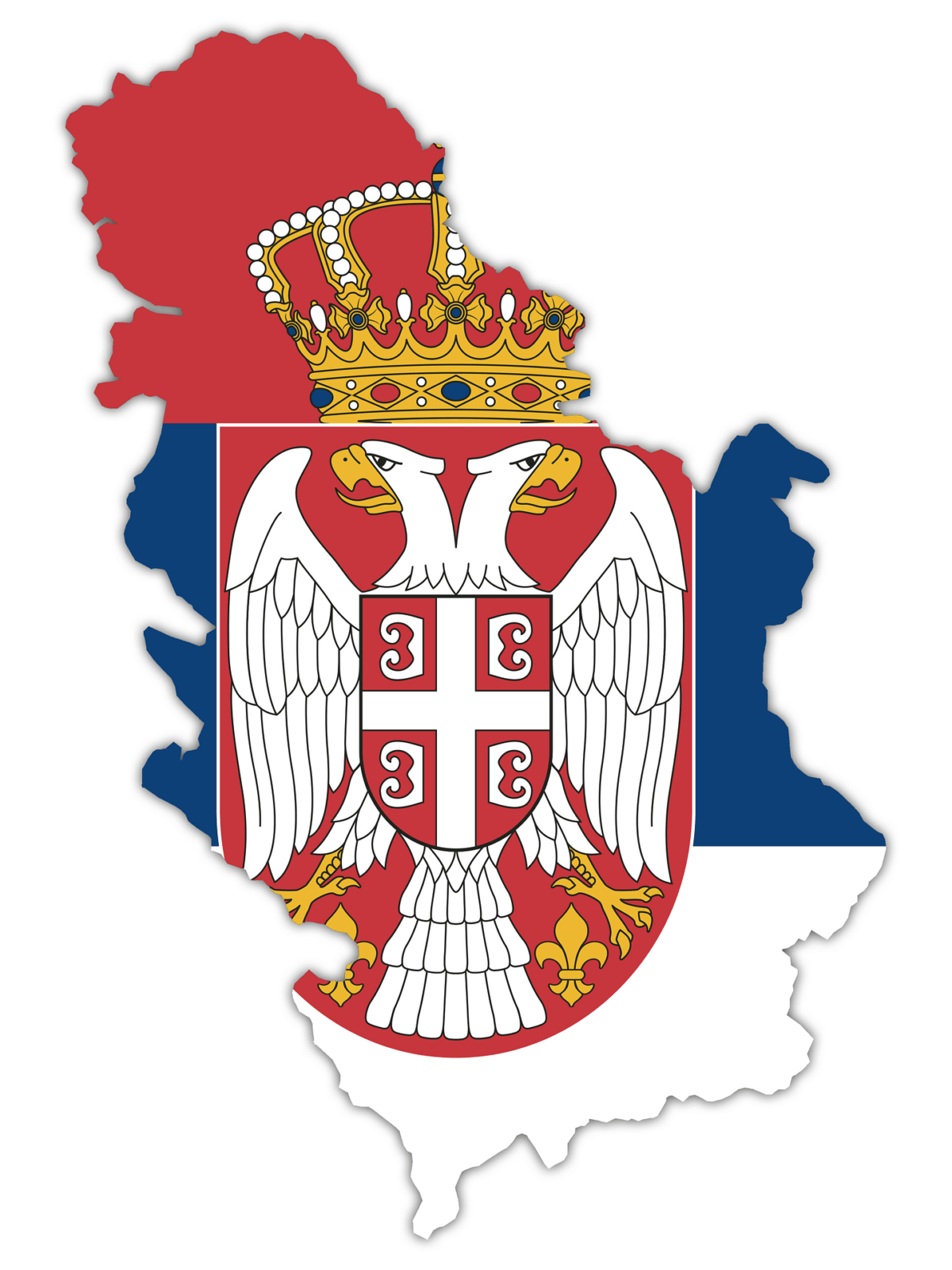Legal Entities
Commercial company is a legal entity that performs activities for the purpose of acquiring profit, and the status of a legal entity can be acquired through registration in the Business Registers Agency.
Entrepreneur is a business-capable natural person who, for all his obligations arising (related to the performance of his business) is responsible for all his property, and that property includes property acquired during the performance of his business.
A business association is a legal entity founded by two or more companies or entrepreneurs, in order to achieve common interests and can not perform activities for the purpose of gaining profit.
A branch of a company is a separate organizational unit, through which the company conducts business pursuant to the law. Branch office does not have the status of a legal entity, and in legal transactions it acts on behalf and for the account of the company, which has unlimited liability for its obligations to third parties that may be incurred in business operations of its branch office.
The representative of a foreign company is its separate organizational part, which can carry out its previous and preparatory actions in order to conclude the legal business of that company. It does not have the status of a legal entity and can only conclude legal transactions in connection with its current business. A foreign commercial company is responsible for the obligations towards third parties arising in the business of its representative office.
Legal forms of commercial company
GENERAL
PARTNERSHIP
LIMITED
PARTNERSHIP
PRIVATE LIMITED
LIABILITY COMPANY
JOIN STOCK
COMPANY
Facts about Serbia
Serbia can serve as a manufacturing hub for duty-free exports to a market of 1 billion people that includes: the European Union (EU), the United States of America (USA), the Russian Federation, Belarus, Kazakhstan, Turkey, South East Europe (CEFTA) and EFTA (Switzerland, Norway, Iceland, and Liechtenstein).
Upon the completion of negotiations with Egypt, the territory with duty-free access for Serbia will be increased by the population of an additional 80 million. Since 2000, Serbia has attracted over $20 billion of foreign direct investment. The Economist Intelligence Unit forecasts that Serbia will make the largest improvement in the business environment in Eastern Europe through 2013.
Serbia is an internationally recognized leader in business reforms, as well as a proven investment location in South East Europe.
It offers highly capable intellectual capital and customs-free access to the 15% of the world market.

Most Improved Business Environment
Economist Intelligence Unit: “Serbia is forecast to make the largest improvement in the business environment in the region of Easter Europe between 2009 and 2013. Out of 16 countries included in the research, Serbia will be leading the region in terms of business reforms by a wide margin”.
PricewaterhouseCoopers ranked Serbia as the 3rd most attractive manufacturing and 7th most attractive services FDI destination among emerging economies. Ernst & Young recorded nearly 150 inward investment projects in Serbia in 2007, 2008 and 2009 – the 2nd best performance in the South East Europe region.
Source: Serbia Investment and Export Promotion Agency
Vojvodina
Vojvodina is an EU border region located in the northern part of the Republic of Serbia. Two major pan European transport routes, the river Danube and corridor 10, pass through it. Vojvodina is a gateway to the European Union for the countries of the Southeast Europe (SEE), facilitating faster integration of the SEE region into the European Union.
Vojvodina is the engine of Serbia’s economic development and a host region to some of the most renowned companies, such as Stada, Lafarge, Carlsberg, Erste Bank, Japan Tobacco International, Henkel, Anheuser-Bush InBev, Nordzucker, Coca Cola, Saint Gobain, Loher GmbH, Groupe Lohr, Boxmark, Credit Agricole and many others.
Vojvodina is a member of the DKMT Euro region – (Danube – Kris – Mures – Tisa) that covers southern Hungary, western Romania and Vojvodina (northern Serbia) which aims to foster the cooperation and development within the region.
Source: Vojvodina Investment Promotion


Novi Sad
Novi Sad, the capital of Vojvodina and the second largest city in Serbia, is the significant industrial and financial center of the Serbian economy with rapid growth and development of the economy. It is positioned at the intersection of Corridor 10 and Corridor 7, as well as on the river Danube and the canal Danube – Tisa – Danube.
Novi Sad is a host of two major manifestations:
1. EXIT Festival – One of the best music festival in Europe which officialy was awarded as the Best European Festival for year 2007.
2. International Agricultural Fair – One of the largest European events of this type.
We can register a company for you
FAQ
Special laws, as a condition for registration or performance of a particular activities are prescribed through previous approvals/permits or approval of competent authorities. Economic entity that wishes to register a activity that can be performed only on the basis of the prior approval or consent of the competent authority in the register maintained by the Business Register Agency, is obliged to to submit such approval at the time of registration(e.g production and trade of especially dangerous chemicals, bank operations, insurance company operations). Registration in the Register is only possible after obtaining the approval.
Foreign citizens can establish a working relationship if they have a permanent residence permit or temporary residence, issued by the Ministry of Internal Affairs, and if they obtain an employment permit issued by the National Employment Service. The approval of the establishment of the working relationship is not required when the working relationship is based on the performance of professional tasks determined by the contract of business-technical cooperation, on long-term production cooperation, on technology transfer and on foreign investments. An employer can conclude with foreign citizen an agreement on the performance of temporary and occasional work if these jobs do not last more than 120 working days in the calendar year.
- Law on conditions for employment of foreign citizens (”Official Gazette of SFRY”, No. 11/78 and 64/89, ”Official Gazette of SRY”, No. 42/92, 16/93 – other law, 31/93 – other law, 41/93 – other law, 50/93 – other law, 24/94 – other law, 28/96 – other law and ”Official gazette of RS”, No. 101/05 – other law)
- Labour law (”Official Gazette of RS”, No. 24/05, 61/05, 54/09, 32/13)
- Law on Foreigners (Official Gazette of RS”, No. 97/08)
The address of the company’s registered office is registered in accordance with the Law on Registration (Law on Business Companies ( Official Gazette of the Republic of Serbia, No. 36/2011, 99/2011, 83/201 – other law, 5/2015) and the law regulates the delivery of letters to legal entities.
MAIL DELIVERY IS ON THE ADDRESS OF YOUR COMPANY.
Every legal entity in its founding act must have a company address. It is a place on the territory of the Republic of Serbia from which the company operates. By decision of parliament it is allowed to change the address. The company may have a separate address for receiving the mail which is registered in the Register of Economic entities.
Delivery of mail in judicial, administrative, tax and other proceedings shall be carried out in accordance with special laws.
Agency for Business Registers www.apr.gov.rs is the agency where companies and entrepreneurs are registered, and where financial statements are submitted. Enrollment in the register has the so-called constitutive effect – only what is registered in the Agency produces a legal effect.
Founding Act is a constructive act that establishes a company. It has a form of founding decision if one person establishes a company, or the form of the founding agreement if the company is established by several persons. It is registered in the Business Registers Agency. It obliges all members of the company from the day of acquiring the membership in the company.
The content of the company’s founding act is determined for each form separately.
- In addition to the founding act, a company may also have a contract regulating the mutual relations of members in relation to the company. The contract does not give effect to third parties.
- The founding act of the joint stock company does not change, and the joint stock company, in addition to the founding act, has a statute, which regulates the management of the company and other issues in accordance with the law.



